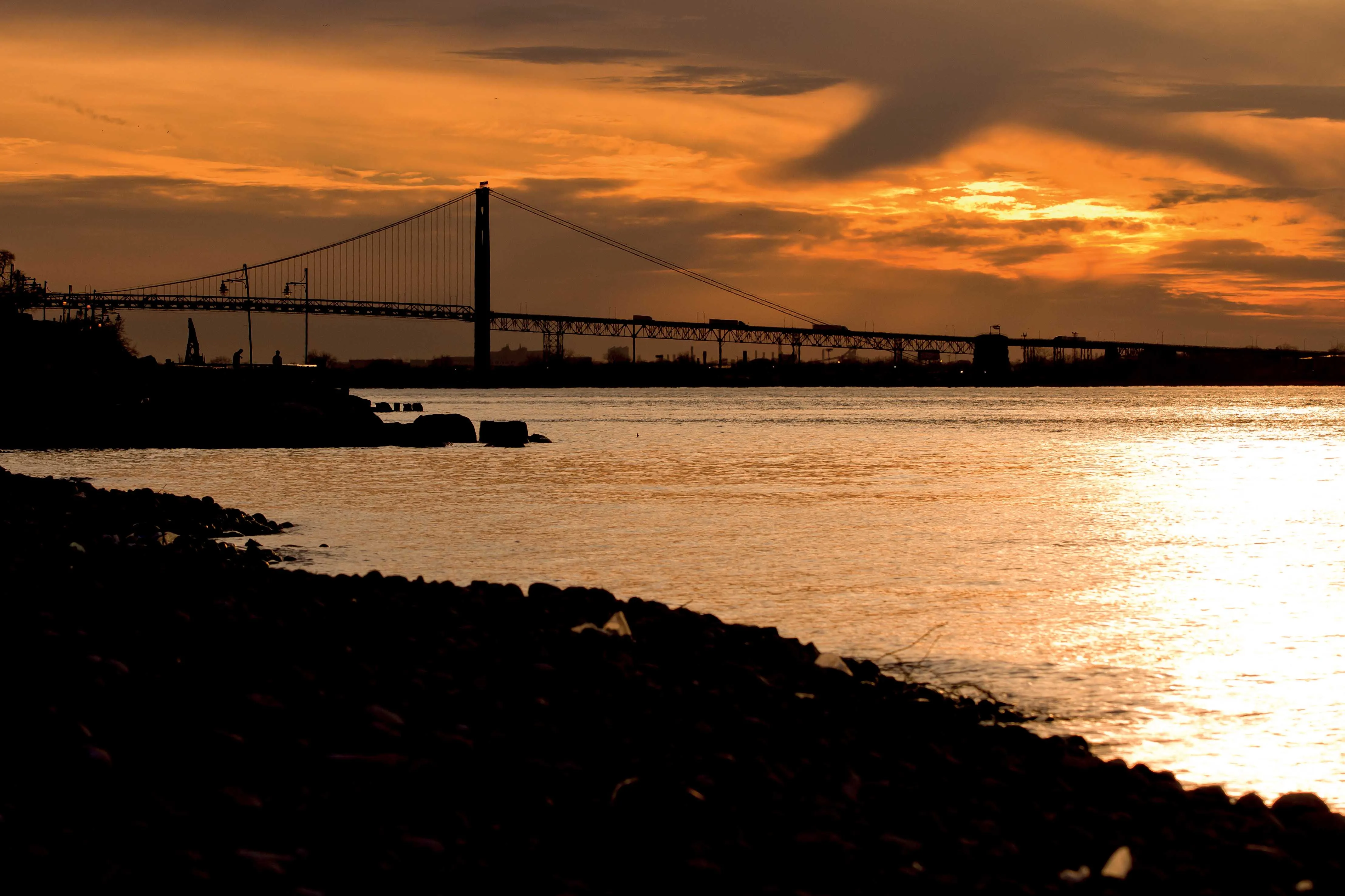Despite the recent failure of the Turkish Government’s tender for the project to build a third bridge over the Bosphorus, the deal may yet go ahead. Japanese firms Itochu, Obayashi, IHI and Mitsubishi have revealed that they are still interested in constructing a third bridge over the Bosphorus at Istanbul, as well as constructing the associated tolled highway.
March 20, 2012
Read time: 2 mins
Despite the recent failure of the Turkish Government’s tender for the project to build a third bridge over the Bosphorus, the deal may yet go ahead. Japanese firms 4081 Itochu, Obayashi, IHI and 3055 Mitsubishi have revealed that they are still interested in constructing a third bridge over the Bosphorus at Istanbul, as well as constructing the associated tolled highway. The tender was previously valued at some US$6 billion and was for the construction and operating concession for the bridge and the tolled highway linking Adapazar with Tekirda. Should this agreement move ahead as suggested, the winning group would take over operating rights for the 414km toll road project for 25 years. It now looks conceivable that a Japanese consortium comprising some or all of the firms Itochu, Obayashi, IHI and Mitsubishi will commence discussions with the Turkish Government over the project. The bridge and highway project will be financed by the Turkish Government, with private firms now likely to be given a part of the project via the tender process. However, it seems that the new package would be for the construction of the highway and bridge only and not for the operation of the links. The project is now expected to cost in the region of $5 billion although it is not clear if the plans have been scaled back to reduce the overall expense.








